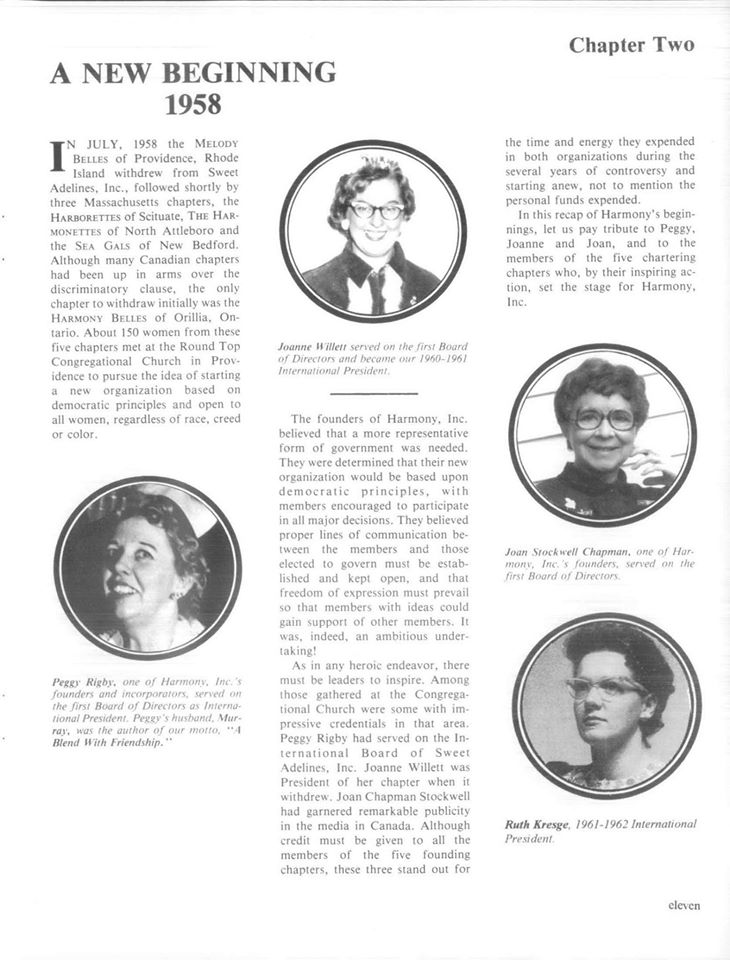Many years ago, the Russians invaded Afghanistan and I almost lost my mind.* All around me, people were going about their lives, oblivious to the impending nuclear holocaust. I spent my days lurking around newsstands (there was no Internet then), listening to news radio, shaking, and looking out my window, scanning the sky for that white light. I slept one or two hours a night; my muscles ached from constant tension. I envied old people because they had lived complete lives. This went on for five weeks. Then it stopped. I woke up one morning and it was like that moment in Wizard of Oz when Dorothy opened the door and the world had color. My colors were back.
This never happened to me again. I’m not confident it couldn’t (even a brief bout of mental illness is permanently humbling), but I don’t worry about it.
I don’t worry about it because it’s not something I can control anyway.
What I remember most clearly about this episode is my profound bewilderment when people (the few in whom I confided) said “Look, there’s no point in worrying about stuff you can’t control.” I thought they were insane.
Denial is a wonderful human strategy. It makes happiness possible. I’m sure we’re not the only animal that knows we’re mortal, but other animals don’t need denial because they’re too busy surviving. To deny, and to need to deny, you need top-of-the-food-chain-leisure time. Anyway, when the Russians invaded Afghanistan, my denial mechanism crashed, and there I was in the howling void where anything can happen and tomorrow is hypothetical.
I’m not much of a sharer except in fiction, but I’m sharing this today because all around me I see good people worrying about stuff they can’t control, and I wish I could help them, and I probably can’t, because all I can do is tell them to stop it, and I remember how useless that advice was when the Russians invaded Afghanistan.
We hang by a thread. We always have and we always will. Sometimes a thing will happen and we glimpse that thread, which is just a metaphor but metaphors are all we can access because the void itself is unimaginable, and the metaphorical curtain parts and confronts us with what we’ve been blithely denying.
This is not fun. Still, it isn’t unbearably scary if you’ve learned your lesson about the limitations of your own anxious mind. All we have is now. It’s all we’ve ever had and all we ever will.
This is one of those profound truths that you can “know” without really knowing. Real knowledge sinks deep. Millions of people know already, some of them so eminently sensible that they never thought otherwise, others having learned through experience. Also, it really helps to be old. But I do worry about the people who can’t sleep.
If you’re one of them or worried that you might be, this is all I have to offer, and forgive my presumption:
Look after your colors and lean into the now.
*Not funny at the time, but that is a funny line.

